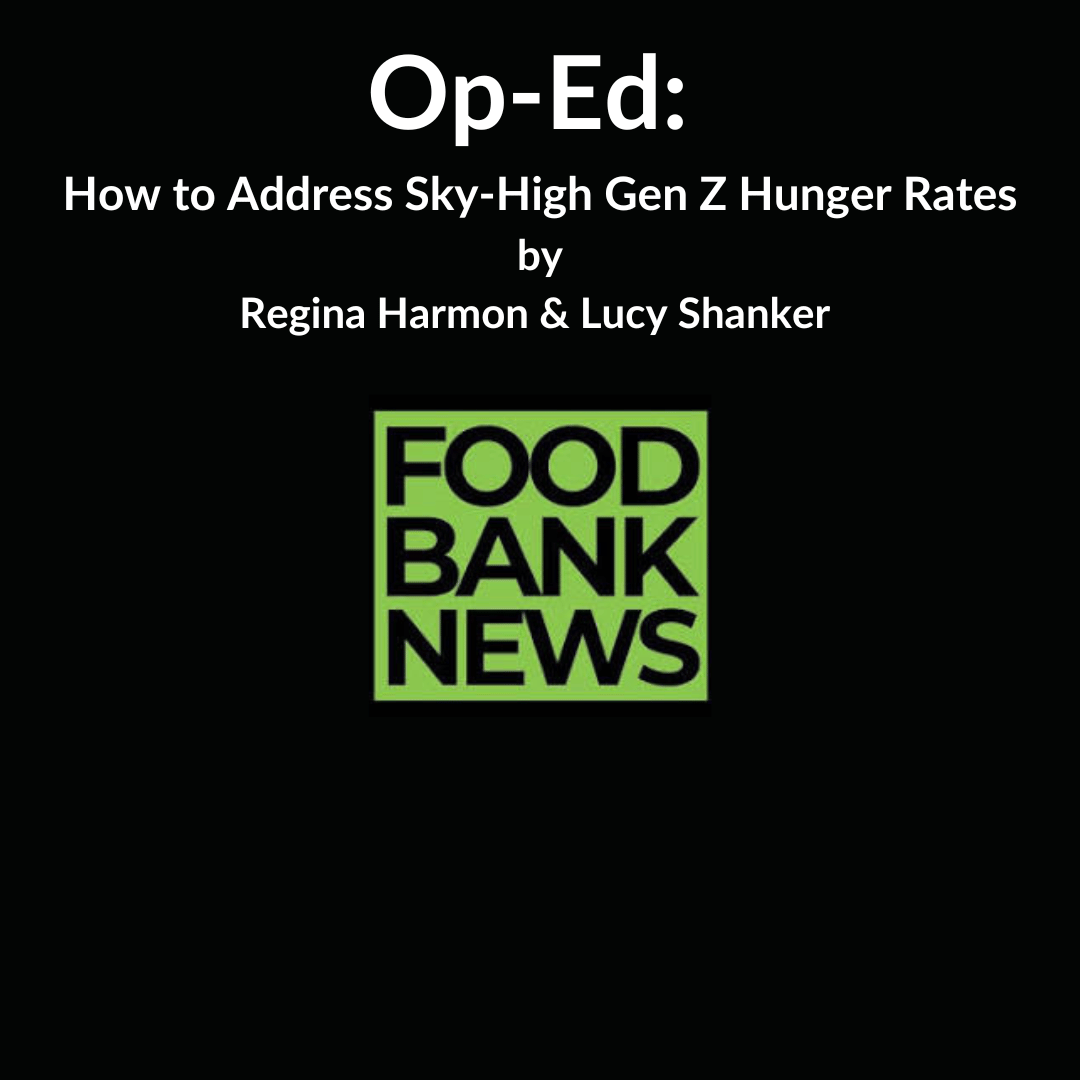Las Vegas, Nev. (February 5, 2024) — Food Recovery Network and volunteers, including local college students from the University of Nevada Las Vegas, will be at the Players Tailgate at the Big Game to recover and redistribute surplus food to those experiencing food insecurity around Las Vegas. This is the fourth time Food Recovery Network (FRN), one of the largest student-led movements against food waste and hunger in the U.S., is collecting surplus food from this tailgate—and its first year in partnership with Hellmann’s.
Hellmann’s will be contributing a $100,000 donation to Food Recovery Network to support the Feb. 11 rescue event and more. Hellmann’s will also establish Sick of Food Waste Day as part of the partnership. The day after the Big Game is known for being a major “sick” day, with 16+ million people estimated to call in “sick” from work this year. So, on Monday, Feb. 12, Hellmann’s is encouraging everyone to fight food waste and enter to win a trip to next year’s Big Game food recovery event with Hellmann’s and FRN*.
“We are thrilled to partner with Hellmann’s to fight food waste and support those who don’t have enough food to eat," says Regina Anderson, Executive Director of FRN. “44 million people are unnecessarily facing food insecurity right now, while more than 42 million tons of food goes to waste each year.”
“Hellmann’s has been working for years to make sure consumers understand the issue of food waste and how to fight it in their own homes. That’s why we’re continuing to set an example of what it looks like to reduce food waste with our new partners at Food Recovery Network,” says Chris Symmes, Senior Marketing Director, Dressings at Unilever North America.
This year’s recovery event will again occur at the Bullseye Event Group Players Tailgate in Las Vegas —catered by Food Network Celebrity Chefs Bobby Flay and Aaron May. Last year in Glendale, AZ, Food Recovery Network diverted 2,907 pounds of perfectly good, delicious, salvageable food—the equivalent of 2,423 meals—from the Big Game Tailgate to those who need it. In total, FRN has recovered over 10,000 pounds of food over the past three years in partnership with Bullseye Event Group, the host of the Players Tailgate. This year, Food Recovery Network will donate the recovered food to the Just One Project, a non-profit organization dedicated to fighting food insecurity in southern Nevada.
“Fighting food waste can happen at large events like this and in many other locations like our schools, our conferences, and our homes,” Anderson says. “We all have the power to ensure perfectly good food doesn’t go to waste, and we are excited to work with Hellmann’s—a name everyone knows—to ensure everyone understands how critical an issue food waste is and the small, simple actions you can take to make a difference.”
###
About Food Recovery Network
Food Recovery Network (FRN) is a national nonprofit that mobilizes 6,000 college students, food providers, and local businesses in the fight against climate change and hunger by recovering perishable food across the supply chain that would otherwise go to waste and donating it to organizations that feed people experiencing hunger. As one of the largest student-driven movements against food waste and hunger, FRN’s programs are on 192 college campuses and 103 food businesses in 46 states and D.C., and they have recovered more than 16.3 million pounds of food to date – the equivalent of 13.6 million meals donated to feed individuals experiencing hunger and 7,200 metric tons of CO2 emissions prevented from entering our atmosphere.
About Hellmann's
Hellmann's is committed to helping people enjoy great tasting food for the simple pleasure it is, without worry or waste. For over a century, the brand has helped people turn even the simplest ingredients into delicious meals. Hellmann's believes in the power of taste, because when food tastes good, less of it gets wasted. This belief has driven Hellmann's to be a force for positive behavior change around household food waste. Hellmann's partnered with experts to conduct one of the longest and largest consumer behavior studies on household food waste working with 2,000 families in the U.S. and Canada gathering insights to help consumers better use the food they already have at home and to waste less. Hellmann's will continue to champion household food waste reduction through its "Make Taste Not Waste" campaigns, inspiring people to turn their left-behinds into easy, tasty meals. The past year alone, Hellmann's has been able to inspire more than 200 million people across the U.S., Canada and the UK.
* https://www.hellmanns.com/us/en/sofw-day-sweepstakes-rules.html


















